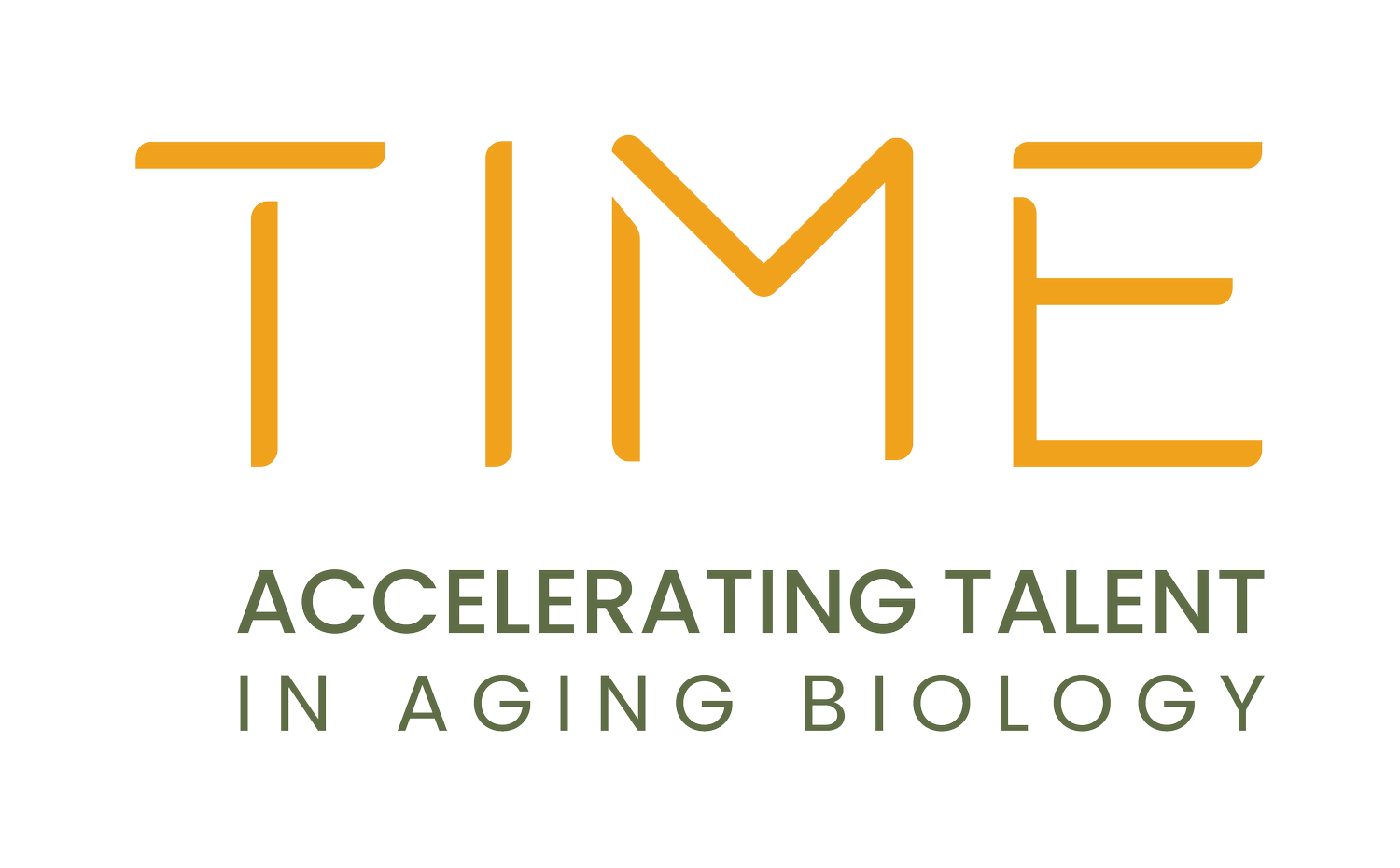Beyond Borders: the Aging Research Hub in Singapore
Hi, it’s Jessica again from the Untangling Aging series! In my previous post, we explored VC and longevity moonshots. Today, let’s venture beyond borders and dive into the aging research hub in Singapore. Join me with Brian Kennedy as he shares his perspectives on global aging.
In every corner of the world, from the bustling streets of New York City, USA, to the tranquil, nature-rich landscape of Kranjska Gora, Slovenia, the process of aging unfolds. No one is spared. However, whenever I visit my grandparents in China, a naive part of me still expects to encounter the younger version of themselves etched in my mind's eye from our last departure. Not witnessing someone’s aging on a daily basis could serve as a preservation for their healthy youthfulness in our memories, but I could not stay complacent in this rosy ignorance. Recently, two of my professors, both of whom I’m a huge fan of, had to halt class as they flew across the sea to attend to their ailing parents’ medical emergencies.
As a second-generation Chinese-Canadian, with most of my extended family residing in China, I maintain an acute awareness of aging as a global phenomenon. This awareness has been reinforced through recent pictures of my white-haired grandparents and news of their hospital visits, far away from me. So, I’ve always wanted to look beyond what is happening in North America and into other parts of the world––especially Asia. This area is intimately linked to my identity, yet it still feels so foreign to me.
After a round of online research, I found Singapore to have an impressive presence in aging research. Their Centre for Healthy Longevity (CHL), affiliated with the National University of Singapore (NUS) and the National University of Health System (NUHS), brought together scientists and clinicians to investigate all aspects of aging––from wet lab, to clinical trials and demographic research. Interestingly, Professor Brian Kennedy, the Director of CHL, was previously the President and CEO of the Buck Institute for Research on Aging, a prominent research institution in Marin County, USA. I was intrigued by his background as someone who was familiar with aging research both within the States and across the sea. As someone who wanted to get involved more internationally, I reached out to him for a conversation.
During the interview, Professor Kennedy shared his perspective on global aging and what drew him to Singapore. The country faces a unique demographic challenge characterized by a rapidly aging population and a low birth rate. Thus, the government prioritizes research on healthy longevity to extend functional and disease-free years. Interestingly, neighboring countries such as China are also actively engaging in aging research, prompted by their own swift demographic shifts. This has fostered transnational research collaborations, prompting many trips for Professor Kennedy to China. There will be even more travel to come. As Professor Kennedy emphasized, by 2050 there will be over 2 billion people aged 65 or older, making it a global issue that demands a collective, global solution.
Personally, I’ve always had so many questions about aging in other parts of the world. For instance, what does the aging landscape look like in places such as Japan or Singapore, known for having a high senior demographic? What factors contribute to the renowned “blue zone” areas that correlate with lower rates of chronic diseases and higher life expectancy? How does knowledge from aging research institutions actively benefit the people in those regions? Professor Kennedy gave me the perfect answer for how I could personally find out, beyond browsing online resources: travel and see for myself.
For the longest time, I’ve seen the “lab” as the primary way of understanding aging research, whether through animal models or human clinical trials. Yet, the biology of our bodies cannot be grasped through numbers and chemical molecules alone. If possible, I should meet older people in different parts of the world, such as those within the blue zones, and investigate how they live their lives. This conversation only deepened my interest in going to Singapore over the summer, not only to participate in their cutting-edge research, but to meet the people who live there. I want to chat with them, and beyond that, to personally experience their culture and society in order to understand their lifestyle and how it may influence the ways they experience aging.
Ever so wise, Professor Kennedy highlighted near the end of our interview the importance of purpose for him. A lack of purpose could accelerate the aging process. So, if given more healthy years, he would likely continue to do his current work, or if not, something else that is equally as meaningful to him. (No wonder he looks young!) I deeply resonated with Professor Kennedy: despite my current sophomore year being busier than my freshman year, I strangely feel more energetic. Last year, I struggled to find my area of interest and experienced many slumps. Following personal reflection, I realized my lack of purpose bred a kind of insecurity that bled into other aspects of my life beyond the academic. But now, even though my schedule is more often packed from morning to evening, I return to my dorm both tired and content. I wouldn’t have it any other way. Perhaps I’m aging slower now, fingers crossed!
